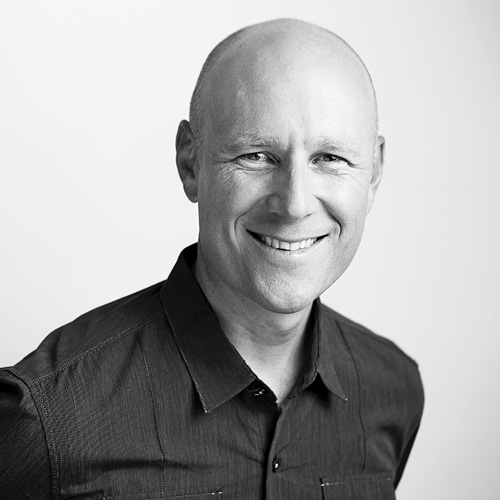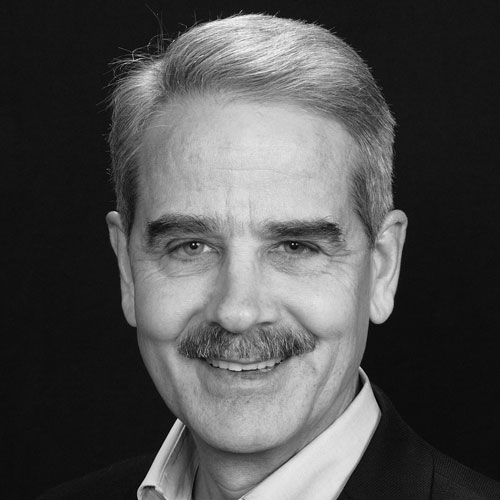There is often talk about running a nonprofit organization “like a business,” but turning a buzz phrase into real change is more complicated than it sounds. That’s where TCC Group comes in. The consulting company works with nonprofits, as well as foundations, corporate community involvement programs, and government agencies, to streamline operations and deepen social impact.
“[These] organizations are mission- driven rather than profit-driven, and there is no real market system,” says TCC Group president and chief executive officer Richard Mittenthal. “That model certainly has its advantages, in that it attracts people who are drawn to the substantive work of the organization, whether cleaning up the environment, improving public education, or curing a disease. The problem, and this is not a revolutionary idea, is that the absence of a bottom line can result in organizational drift and inadequate focus on measuring results.”
The supply-demand equilibrium can also be difficult to pin down. “An organization can deliver a service for which there is little or no demand so long as it can raise the money from a third party to support itself,” Mittenthal says. “We view it as our role to ask the tough questions about quality of service delivery and meeting real needs, to ensure that our clients are making good use of public and private dollars.”
Mittenthal provides a breadth of knowledge and depth of experience to TCC Group’s clients. After earning an MBA from Northwestern University, he moved to New York in 1969 to work in corporate banking. An interest in community service was piqued, however, when he took a leave of absence to work on a political campaign. He left the finance industry after a few years to join a small consulting firm funded by several foundations. He left in 1977 to join the New York Community Trust and worked his way up to vice president, overseeing the trust’s discretionary grant program. When he decided to get back into consulting in 1989, TCC Group, then The Conservation Company, was a natural choice.
“We view it as our role to ask the tough questions about quality of service delivery and meeting real needs, to ensure that our clients are making good use of public and private dollars.”
Mittenthal was tasked with opening the firm’s New York office and has stayed with TCC Group twenty-four years, serving as president for the past twelve and CEO for the past nine. During his tenure, he has seen the social sector grow and evolve. According to Mittenthal, the number of nonprofit organizations is approaching 2 million, and the number of grant-making foundations has more than doubled in the last twenty years to almost 80,000. “There has been an increasing emphasis on results, impact, and measuring success, much of it coming from the academic and business communities,” he says. “Governing boards have changed, with increased emphasis on best practices, including conflict of interest policies, suggested board size, and composition and committee operations.”
TCC Group has helped hundreds of organizations face the challenges of an increasingly competitive, complex sector. “Our knowledge of the field—specifically best practices in philanthropic strategy and nonprofit management—combined with our team of skilled experts, allows us to successfully address a range of problems facing nonprofits and foundations today,” Mittenthal says. One of those clients was the Federation of Protestant Welfare Agencies, which engaged TCC Group in 2013 to determine how the ninety-year-old organization could best serve today’s most vulnerable New Yorkers. CEO Jennifer Jones Austin was impressed with the robust organizational analysis and strategic development plan TCC Group delivered. “They seemed to have a nuanced understanding and perspective,” she says. “They didn’t have a cookie-cutter approach, appreciating that not all nonprofits are the same . . . always wanting to dig a little deeper.”
Another client, the Margaret A. Cargill Foundation, brought TCC Group in on the ground floor. After Cargill’s death in 2006, TCC Group helped trustee Paul Busch and CEO Christy Morse crystallize seven broad interest areas—ranging from disaster relief to arts education—into actionable grant programs. Through an extensive field scan, TCC Group found the funding gaps to identify the best opportunities to serve the underserved, make the greatest impact, and honor Cargill’s legacy. “They were good listeners,” Busch says. “They really took the time to understand our interests and the direction our founder had given us in the areas where she wanted us to work.”
The foundation has continued to work with TCC Group on issues related to strategy, organizational planning, program development, staffing, and evaluation. “Our assistance at an early point in its development helped position it to become the thoughtful and effective philanthropy that it is today,” Mittenthal says of the foundation, currently one of the five largest in the country.
TCC Group has grown along with its clients—from an operation of three to a team of more than thirty seasoned professionals—and Mittenthal looks forward to taking on more work and continuing to rethink and refine how the social sector operates. The consultant practices what he preaches, of course, and he has financial goals, but at the end of the day, he’s most inspired by the positive change his company has the potential to ignite.

